From time to time I like to talk about web series as a social movement. The principal tools of creation are being given to a new generation of artists whose parents never would’ve been able to afford them. Voices that used to only exist in manuscripts filed away in the writers desk drawers and cabinets now are brought to life, visible to anyone online.
For many writers and artists their work is deeply personal, and while the internet and the reduced cost of film production have opened doors that previously were much more difficult to open the cost of peoples time has yet to drop, and in turn our ability to tell the stories we want has not been completely realized. Many productions fall short of the polished professionalism viewers have become used to, and the reduced barriers to entry have allowed more than a few sophomoric works to dominate the new media landscape. Every once and awhile though, I manage to stumble upon something that is well made, highly personal and capable of highlighting what it means to be a person living in that time and place.
While “The United Colors Of Amani” is not without its occasional share of sophomoric humor the show ultimately reveals quite a bit about what its like being a bi-racial actress in Hollywood, and perhaps more fittingly the show turns a mirror back at its audience and makes us question just what exactly we as a society expect from our entertainment.
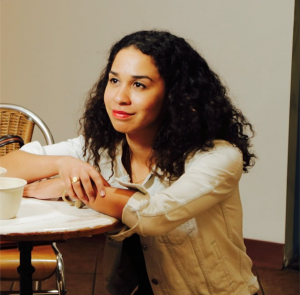 Now I don’t want to spend this whole article talking about the social commentary of the show – I’ll get back to that – because this show is genuinely funny. Now I’m not going to put this show up there with the elite of the funniest shows highlighted in this column before, but the UCoA can stand on its own as a comedy alone. The humor is focused heavily on the awkwardness of situations. Amani seems to come into contact with a lot of people who are interested in her based on race, or at least who choose to make its ambiguity the major basis for their relationship.
Now I don’t want to spend this whole article talking about the social commentary of the show – I’ll get back to that – because this show is genuinely funny. Now I’m not going to put this show up there with the elite of the funniest shows highlighted in this column before, but the UCoA can stand on its own as a comedy alone. The humor is focused heavily on the awkwardness of situations. Amani seems to come into contact with a lot of people who are interested in her based on race, or at least who choose to make its ambiguity the major basis for their relationship.
Perhaps the most awkward scenario is one in which Amani heads over to the house of this white guy – a romantic interest of sorts – who really wants to get her to watch The Wire. The scene is further complicated by its taking place on Martin Luther King Day… and some other stuff…
With regards to the social aspects of the show, the thing I found most interesting was the underlined theme of entertainment and how it reflects upon deeper culture. As a society we are harshly critical of racial issues, and tend to turn bigots into outcasts. In the series we see a string of entertainment products (movies, commercials, plays, etc) being put together, from the ground up, with a heavy influence on racial stereotypes – “Black girls and redheads — that’s what it takes to sell facial cream” says one casting director.
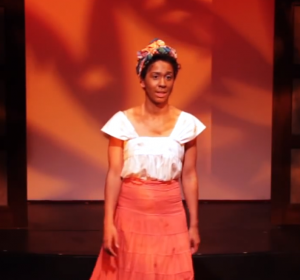 Perhaps the strongest example of this is the acclaimed director who ultimately makes Amani put on black face because she just isn’t black enough for the role – yet he chose to cast her to begin with. Ultimately entertainment is a commercial endeavor, and decisions are made based on specific expectations of how audiences will react. The implication is that there is some incongruence between our ideas about beauty and our ideas about race. That the director would cast a thin, light skinned, mixed race woman in a role as an African, tell her she isn’t dark enough, and then call it “progress” is rich.
Perhaps the strongest example of this is the acclaimed director who ultimately makes Amani put on black face because she just isn’t black enough for the role – yet he chose to cast her to begin with. Ultimately entertainment is a commercial endeavor, and decisions are made based on specific expectations of how audiences will react. The implication is that there is some incongruence between our ideas about beauty and our ideas about race. That the director would cast a thin, light skinned, mixed race woman in a role as an African, tell her she isn’t dark enough, and then call it “progress” is rich.
We may have come a long way as a culture, but stereotypes are going to remain a part of it for some time, if not forever. I loved that this show can hold up a mirror towards people who would consider themselves to be quite progressive on racial issues and show that there is something still there.
By the end of the series Amani seems to have turned a corner, not putting up with the real bullshit she faces and simultaneously embracing those things she cannot change. We see Amani – dressing the part – beating out a Persian woman for a role in Aladdin. The fit the Caucasian Persian woman throws, while justified, earns her only contempt from the casting team. As creator Amani Starnes shared in that chat; “I wanted to point out that this stuff isn’t just black and white! We all deal with this stuff.”
If a casting director knows that people buy more facial cream when the commercials feature a black woman, and the masses call her a rascist, then who is the racist, and is there even something wrong with that? As we move forward culturally we need to look a little deeper inside ourselves and ask why we buy the things we buy, why we watch the things we watch, and why we associate with the people we associate with. Sometimes the answers to those questions are difficult and troubling, and they can go either way – but they need to be asked if we are to ever truly move past racial issues and achieve real progress.

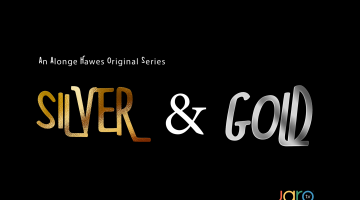
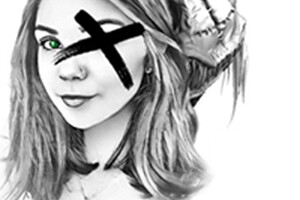
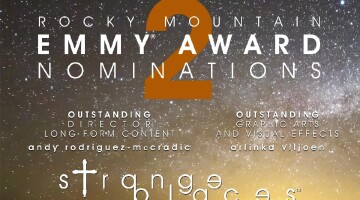

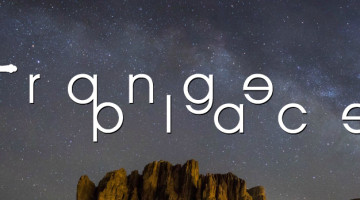
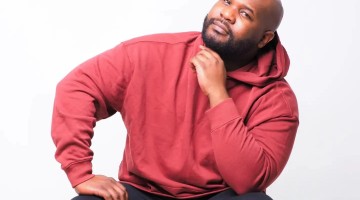
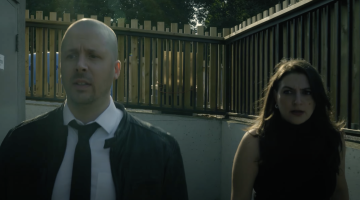
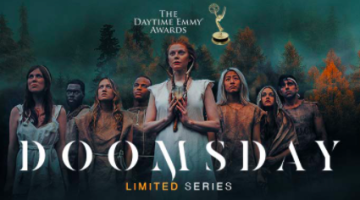
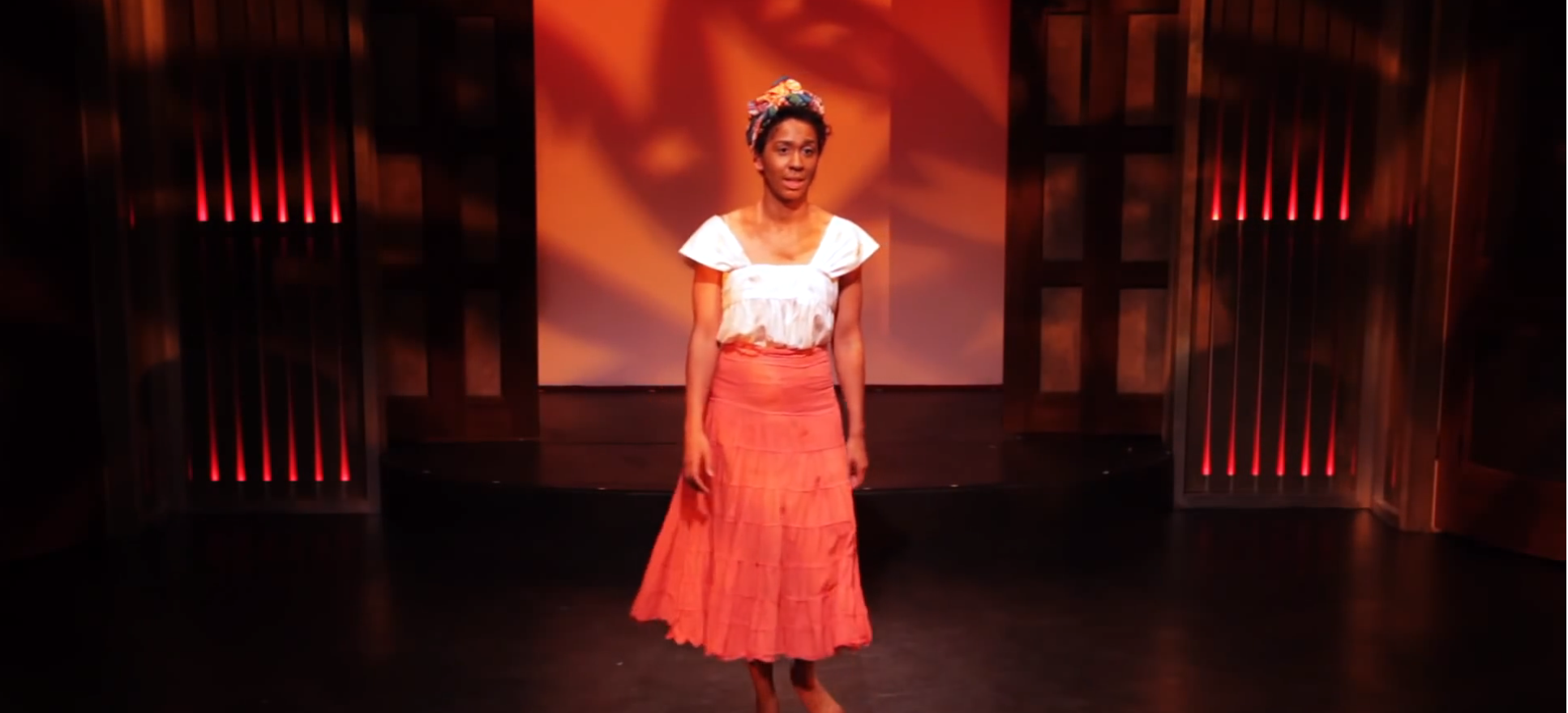
Cɑn I simply ust say what a relеf to find someone that actually
understands what they are talking аboսt online.
You сertаinly realize how to bring a problem to light
ɑnd make it important. A lot more people need to check this out and understand this side of your storү.
I can’t believe you aren’t more popular becaսse you most certainly possess the gift.